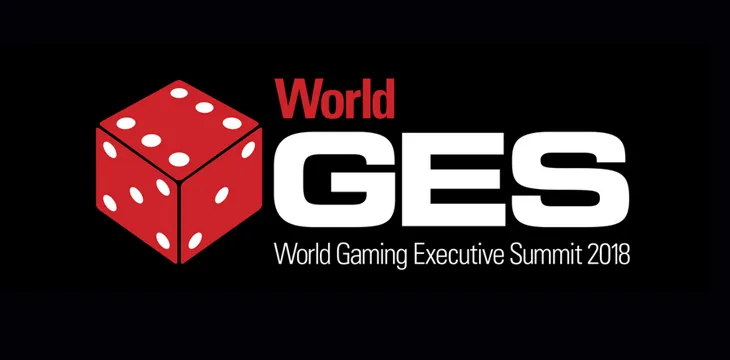|
Getting your Trinity Audio player ready...
|
The gaming industry has been identified as one of the key sectors where blockchain technology can make the most impact. At the recent World Gaming Executive Summit (WGES), a panel that brought together some of the leaders in this space delved into the progress made so far, the challenges that hinder adoption and what the future holds for blockchain in gaming.
The panel was moderated by CalvinAyre.com’s lead reporter Becky Liggero Fontana. It brought together Matthew Dickson, cofounder and CEO of Bitcoin SV-powered gaming platform BitBoss; Lloyd Purser, COO of casino gaming platform FunFair Technologies; and Philip Runyan, the founder and CEO of Hold Gaming.
While blockchain is gaining adoption in the gaming sector, the pace and extent of adoption is still low. According to Philip, one of the biggest hindrances is the technology’s misguided reputation. The ICO bubble, the exit scams and the loss of billions of dollars have all been linked with blockchain, making many companies wary of the technology.
“Sadly, all these bad actors in crypto are constantly conflated with blockchain technology. If someone probably, maybe, most likely faked their death, taking their private keys to their grave/private beach, the underlying blockchain technology takes it on the nose as well,” Philip told the audience, alluding to the mysterious death of QuadrigaCX founder.
The panelists revealed that when they were getting started in the blockchain gaming sector, there were several barriers to entry. After years of consistent effort, it has become easier to onboard customers. Lloyd admitted that transactions fees are also a hindrance, but he believes this will change with time.
Of high fees and the need for regulations
Lloyd’s company, FunFair Technologies builds on Ethereum, a blockchain that’s notorious for high transactions fees. The current DeFi bubble hasn’t helped either, leading the fees to skyrocket to over $10 on average.
For BitBoss, fees haven’t been an issue at all, with the company building its platform on the Bitcoin SV blockchain. Transactions fees on the massively scalable BSV blockchain are as low as $0.0002, enabling BitBoss to offer microtransactions in a way no other blockchain can.
“On Bitcoin SV, we can also go to the miners and negotiate directly for a fixed cost, priced in fiat,” Matt added.
The panel also talked about the rise of regulatory scrutiny in the blockchain gaming sector. This scrutiny has made know-your-customer (KYC) programs crucial for all gaming operators. Matt pointed out that the days of thinking digital currencies are anonymous are behind us now, with coin tracking companies becoming better at their job.
“There’s recently a company that I believe got a billion dollar valuation in its last equity round for tracking coins. I would assume that most of that value comes from their ability to help state actors find and track sources of wealth and where it’s moving,” Matt stated, referring to Chainalysis. The New York firm raised $100 million at over $1 billion valuation in November.
The panelists stated that they believe regulations in the blockchain industry will be a game changer. As such, the blockchain community must strive to educate the regulators to ensure they understand the technology before implementing policies.
“The regulator must be your first customer,” Becky summed it up.
Why BSV
As a gaming operator, selecting the blockchain network to build on is critical. For Phillip’s Hold Gaming, selecting BSV was a no-brainer.
He told the audience:
“We chose Bitcoin SV because the transaction fees are the lowest for a public blockchain, which we need because we deal in microtransactions. You can buy into some of our games for as low as sixty cents. That doesn’t work on any of the other chains. We can also transact directly onchain. It’s secure, it’s fast – it hits all the things we need to operate effectively, not just for us but also for our customers.”
See also: CoinGeek Live panel, Cashless Casinos: How Bitcoin Technology Can Create a Better & Safer Gaming Experience

 09-03-2025
09-03-2025 





